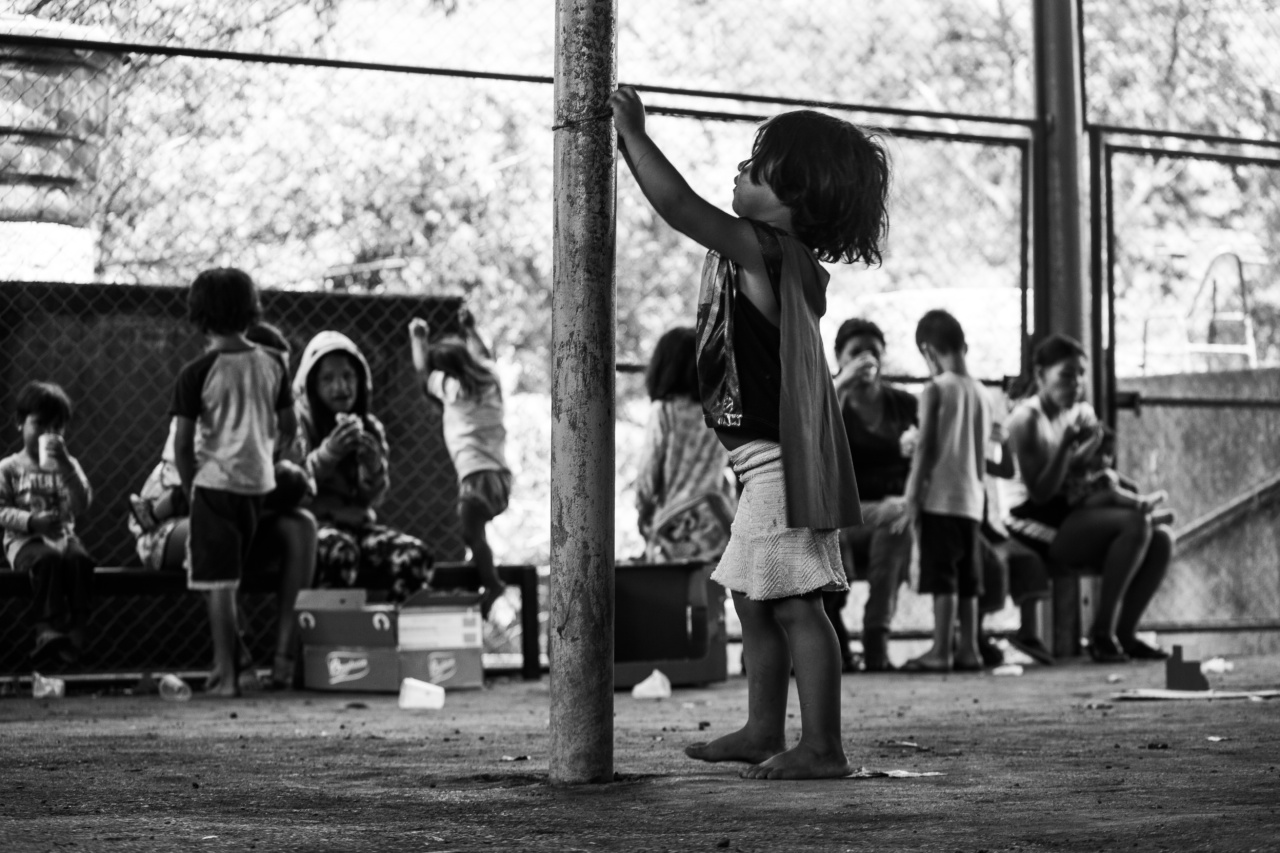Food allergies in children are becoming increasingly common, affecting millions of kids worldwide. As a parent, it is crucial to be aware of the potential food allergens that can trigger an allergic reaction in your child.
Understanding the symptoms, prevention strategies, and appropriate management techniques can significantly reduce the risk of allergic reactions and their potential complications. This article aims to provide you with essential information about food allergies and empower you to safeguard your child’s health.
What are Food Allergies?
Food allergies are adverse immune reactions triggered by specific proteins present in certain foods.
When a child with a food allergy consumes an allergenic food, their immune system mistakenly identifies the proteins as harmful invaders, leading to an allergic response. The body releases chemicals like histamine, which cause a wide range of symptoms that can vary from mild to severe.
Common Food Allergens
While any food can potentially cause an allergic reaction, there are eight major food allergens that are responsible for the majority of food allergies in children. These include:.
- Milk
- Eggs
- Wheat
- Soy
- Tree nuts
- Shellfish
- Peanuts
- Fish
Symptoms of Food Allergies
Food allergy symptoms can vary widely and may affect different body systems. The most common symptoms include:.
- Hives or a rash
- Swelling of the lips, tongue, or throat
- Difficulty breathing or wheezing
- Nausea, vomiting, or diarrhea
- Abdominal pain or cramping
- Itchy or watery eyes
- Runny or stuffy nose
- Sneezing or coughing
- Difficulty swallowing
In severe cases, food allergies can lead to anaphylaxis, a life-threatening allergic reaction characterized by a sudden drop in blood pressure, difficulty breathing, and loss of consciousness. Anaphylaxis requires immediate medical attention.
Diagnosing Food Allergies
If you suspect that your child has a food allergy, it is crucial to consult with a healthcare professional. They may recommend allergy testing, which can involve skin prick tests, blood tests, or oral food challenges.
These tests help identify the specific allergens causing your child’s allergic reactions, aiding in the development of an effective management plan.
Preventing Allergic Reactions
Prevention is key in managing food allergies. Here are some important strategies:.
- Identify and avoid allergenic foods: Read ingredient labels carefully and be familiar with common names for allergenic ingredients.
- Cross-contact prevention: Ensure that utensils, cutting boards, and cooking surfaces are thoroughly cleaned to avoid cross-contamination.
- Hospital and school policies: Inform healthcare providers, schools, and childcare facilities about your child’s food allergies and work together to create a safe environment.
- Educating your child: Teach your child about their food allergies and how to communicate their needs to others in order to stay safe.
Managing Allergic Reactions
In the event of an allergic reaction, it is crucial to take immediate action:.
- Administer emergency medication: If your child has been prescribed an epinephrine auto-injector, ensure you know how to use it and always carry it with you.
- Seek medical help: Even if symptoms appear to be subsiding, it is still important to consult a healthcare professional to monitor your child and ensure appropriate follow-up care.
- Keep a food diary: Recording any suspected or confirmed allergic reactions can help identify triggers and patterns, aiding in the management of your child’s allergies.
- Create an emergency plan: Work with your child’s doctor to develop an emergency plan detailing the steps to follow in case of an allergic reaction.
Supporting Your Child
Having a food allergy can be challenging for a child, both emotionally and socially. As a parent, it is important to provide your child with the necessary support:.
- Education: Teach your child about their allergies, including what foods to avoid, how to read labels, and how to recognize symptoms of an allergic reaction.
- Open communication: Encourage your child to ask questions, express concerns, and talk about their feelings regarding their food allergies.
- Positive reinforcement: Praise your child for taking appropriate precautions and following safety measures.
- Inclusive activities: Work with schools and extracurricular programs to ensure your child can fully participate in activities while managing their allergies.
Seeking Professional Guidance
If your child has been diagnosed with food allergies, it is important to seek ongoing support from healthcare professionals, such as allergists, dieticians, and psychologists.
These experts can provide personalized guidance and help ensure optimal management of your child’s food allergies.
Conclusion
Food allergies can significantly impact a child’s life, but with the right knowledge and precautions in place, you can provide a safe environment for your child and empower them to manage their allergies effectively.
By understanding the symptoms, prevention strategies, and appropriate management techniques, you can minimize the risk of allergic reactions and help your child live a healthy and fulfilling life.






























